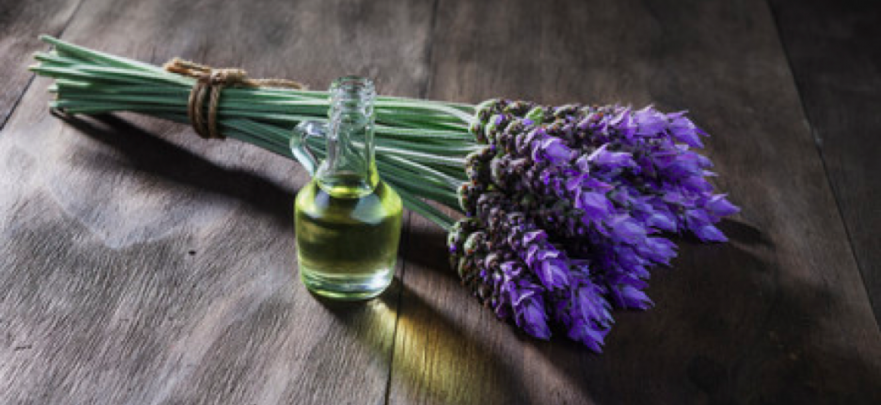Natural Remedies for Anxiety and Depression
Do you find that you’re regularly “triggered” by seemingly minor events or scenarios?
Or do you regularly feel a sense of dread or fear, but you’re not sure why?
If you answered “yes,” you may be one of 40 million Americans who have an anxiety disorder. It’s OK. It doesn’t necessarily mean you need medication, which can cause side effects, such as sexual dysfunction, nausea, and weight gain. Having some level of stress and anxiety from time to time is normal. It’s what keeps us motivated and even saves us from danger.
But when anxiety makes it difficult to function, it becomes a disorder. A few common types of anxiety disorders you may have heard of include:
-
Obsessive-Compulsive Disorder (OCD)
-
Generalized Anxiety Disorder (GAD)
-
Social Anxiety Disorder
-
Post-Traumatic Stress Disorder (PTSD)
-
Major Depressive Disorder
-
Persistent Depressive Disorder
If your anxiety or depression is affecting your daily life regularly, it may be necessary to seek medical help.
However, if you are considering ways to manage stress better, there are natural remedies you can try to help ease your symptoms:
Eat Less Sugar
You already know that sugar is “bad” for you, but eating even moderate amounts can aggravate many existing health problems, including anxiety and depression. Furthermore, there is evidence that sugars may have adverse effects on the brain. There is a protein in our brain, BDNF, that’s produced to help cope with stressful situations. It’s thought that sugar suppresses the production of BDNF, affecting the ability to cope with stress.
Reduce Caffeine and Alcohol
Having that cup of coffee to start the day is like a little slice of heaven for many of us. And that cocktail in the evening may help you relax. But too much of either can seriously affect our bodies’ ability to manage anxiety. Caffeine can trigger the production of the hormone cortisol, our fight-or-flight stress response.
And alcohol, a known depressant, changes brain chemistry over time, lowering its ability to cope with stress.
Eat More Whole Foods
We all know that a balanced diet helps us feel better. But the pressure to diet can cause anxiety and may have the opposite effect of dieting. Instead of focusing on dieting, focus on eating nutrient-dense foods you enjoy, and enjoy them as often as possible. Lean proteins, such as fish, organic chicken, beans, and eggs, provide fuel for your body and brain to keep your energy levels constant. Asparagus, leafy greens, meat, and avocado contain nutrients that can reduce the symptoms of anxiety, as can omega-3-rich foods like fish, green leafy vegetables, nuts, and seeds.
Consider Magnesium
It may be that you’re deficient in magnesium. Magnesium deficiency can worsen anxiety as this mineral plays a crucial role in chemical reactions that are vital for good mental health. Magnesium has a relaxing effect on the nervous system and is often taken to promote a more regular sleep cycle.
Vitamin B Complex
Vitamins B6 and B12 have many benefits, including balancing blood sugar levels, supporting the nervous system, and promoting mental clarity. Many studies suggest that deficiencies in vitamins B6 and B12 can cause or exacerbate anxiety and depression.
Try Chamomile
You’ve heard of chamomile tea. There’s a reason for this. It’s one of many natural herbs used to alleviate anxiety that has been proven to be effective and safe.
Regular Exercise
Exercise is one habit that aids in every aspect of your overall well-being and health. Regular aerobic exercise can boost self-esteem, decrease tension, stabilize your mood, and help you sleep. Only 20 minutes of medium-intensity exercise just a few times a week can work wonders for your well-being.
Try Meditation
Meditation has been scientifically proven to help lower blood pressure, improve mental clarity, and promote positive feelings. Even a few minutes of meditation each day helps one’s ability to cope with stress. Find a nice quiet space to just be for at least five minutes a day.
It’s essential to find a natural balance. Always adjust the amount of supplements, diet, exercise, and meditation to find what works for you. If you’re already being treated and taking medications, talk to your doctor before attempting any of these suggestions to ensure safety and avoid potential interactions with any prescriptions.






